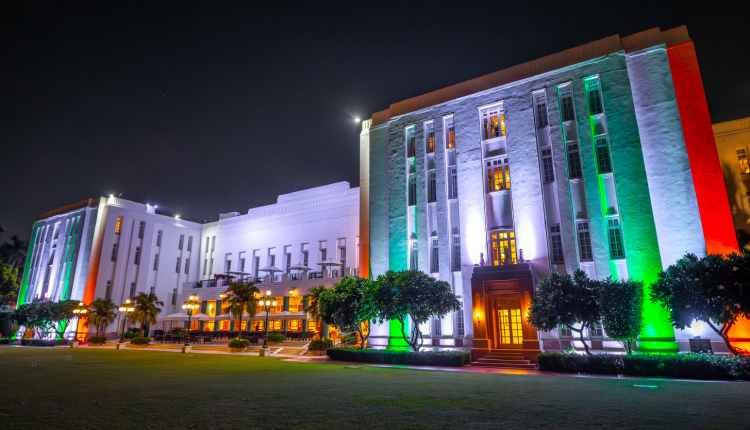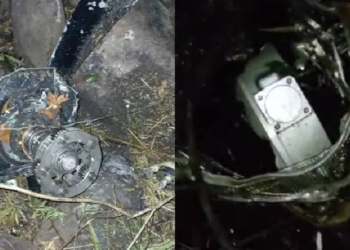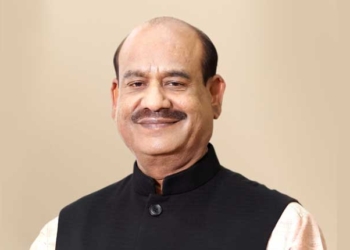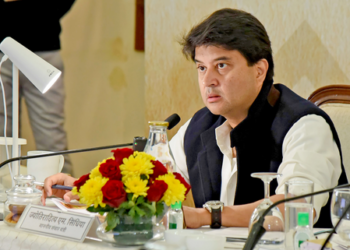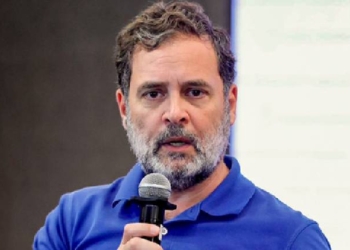New Delhi: A large shadow looming over the G20 and complicating India’s efforts is the war in Ukraine.
Russia recently suspended participation in the Black Sea Grain Initiative, contributing to food insecurity and increasing worries among G20 developing countries, wrote Manjari Chatterjee Miller, Senior Fellow, Council on Foreign Relations.
When the G20 finance ministers’ summit earlier this year proposed paragraphs that stated the Ukraine conflict was causing “immense human suffering” and “exacerbating existing fragilities in the global economy”, China and Russia blocked them. Subsequently, no consensus statement was reached and only a Chair’s summary of the meeting was issued, Miller wrote.
It seems increasingly unlikely that India will be able to tread a delicate line and cajole G20 members into producing a consensus or joint communique at the summit. India is thus hoping to avoid using the word “war” to describe the conflict in any official G20 pronouncement, the article said.
Meanwhile, France has already publicly refused to sign any joint statement that does not condemn Russia’s invasion of Ukraine in the same way that the 2022 Bali statement did. The United States is looking for indications from India that dealing with the Russians will not be business as usual, the article said.
The G20 Leaders’ Summit presents India with a risk and an opportunity. India will need to carefully navigate its existing partnerships in order to produce cooperation and any modicum of consensus on a diplomatic and development agenda that aligns with India’s professed position as a mediator between the Global North and the Global South, Miller said.
Sumedha Dasgupta, Senior Analyst, Asia, Economist Intelligence Unit (EIU), said India’s presidency is currently being tested by its ability to build consensus around Russia’s invasion of Ukraine in the G20 joint declaration, which has pitted the G7 nations against Russia and China.
Despite the significant geopolitical obstacles, EIU believes that a joint Delhi Declaration will ultimately be released, given India’s strong diplomatic ties with most of the nations.
If India is forced to issue only a “Chairman’s Outcome Statement” which is not endorsed by other G20 countries, EIU believes this would set a precedent which would raise questions about the viability of the organisation in an increasingly multipolar world. The lack of a joint statement would also reflect badly on India’s ability as a leader to drive consensus, which could, in turn dent its credentials as a leader of the developing world.
India has traditionally not led multilateral organisations, and the stewardship of the G20 forum is an opportunity to gain prominence in global decision-making. As India attempts to position itself as an attractive manufacturing hub, EIU believes the exposure granted by its leadership of the G20 will translate into trade and investment opportunities for Indian businesses, especially as the country remains reluctant to join multilateral trade alliances, the analysis said.
India’s proposal to include the African Union in the G20 mirrors India’s broader desire to reform international organisations so that they better reflect the concerns of the developing world, it added.
The G20 Summit in Delhi comes at a time of a major rift in the bloc, as the West has been maneuvering to make the Ukraine war a focal point of the discussions and calling for a unanimous condemnation of Moscow’s role in the final resolution, EFE reported.
However, both Russia and China are set to block a document condemning the war, and therefore if the Ukraine issue is put on the table, the possibilities of reaching an agreement after the meeting would practically disappear, the report said.
Diverting the focus from the war has been one of the major challenges for India as the G20 chair, as it seeks to avoid compromising its parallel interests.
Apart from not inviting Ukrainian President Volodymyr Zelensky, the G20 “sherpas” – high-ranking diplomats tasked with negotiating on behalf of national leaders – have insisted on putting aside the Ukraine issue in successive fora in order to smoothly deal with other major issues – such as debt, climate action and technological transformations – which were the driving force behind the bloc’s creation, the report said.
(IANS)




